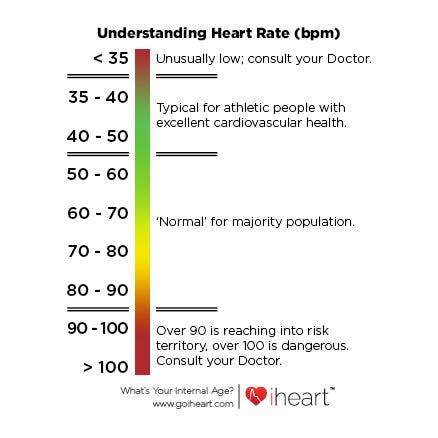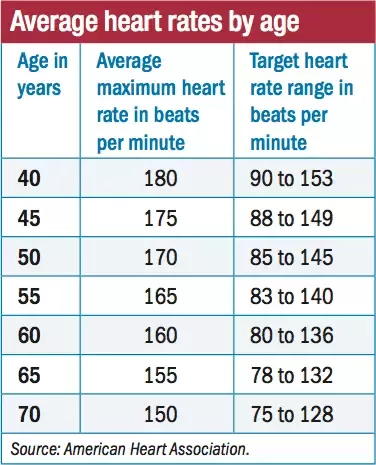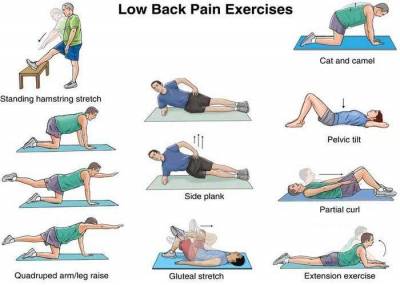An abnormal pulse rate below 60 bpm or above 100 bpm could increase your risk of cardiovascular disease stroke or early death. It is a simple measure to know how much your heart works during rest or activities.
 What Is A Normal Resting Heart Rate By Adam Sharp Medium
What Is A Normal Resting Heart Rate By Adam Sharp Medium
My rhr is between 50 and 55 but will be in 6070 during the day sitting at my desk in the 90s100s when I walk gently 170 when I run.

Resting heart rate over 100. There may be a sudden occasional increase in heart beat which resolves in a couple of minutes. A normal resting heart rate is between 60 to 100. Not sure why youre taking 10 classes thats like 30 credits and 12-15 credits is full.
Types of tachycardias Atrial or Supraventricular Tachycardia SVT Atrial or supraventricular tachycardia SVT is a. The closest to instant heart rate reading to what is refer to resting heart rate is when you get first wake up before you get up. Is a 100 pulse rate too high.
Under normal conditions a healthy adults heart rate range from 60 to 100 beats per minute. The resting heart rate of a normal adult is between 60 and 100 beats per minute. Typically it is defined as have a resting heart rate faster than 100 beats per minute for adults.
Resting HRpulse per minute Male Female Age 20 29 30 39 20 29 30 39 Excellent. The lower the heart rate is at rest the more efficient the heart function is. It also translates into better cardiovascular fitness.
1 In general a resting heart rate over 100 beats per minute is accepted as tachycardia in adults. Published on January 7 2018 Resting heart rate is a persons heart rate when they are not performing any physical activity they are at rest. To measure your heart rate simply check your pulse.
Tachycardia refers to a high resting heart rate. Resting heart rate can vary from person to person and be influenced by a variety of factors. First off stop smoking if you smoke.
Consult your doctor if your resting heart rate is consistently above 100 beats a minute tachycardia or if youre not a trained athlete and your resting heart rate is below 60 beats a minute bradycardia especially if you have other signs or symptoms such as fainting dizziness or shortness of breath. Usually most adults resting heart rate usually lies in the range of 60-80 beats per minute with some heart rates approaching 100 beats per minute. If your resting pulse tends to be between 100 and 105 there are things you can do to lower it but youll probably need some patience.
An abnormally fast resting heart rate called tachycardia happens when the upper or lower chambers of the heart beat more than 100 times a minute explains Shoshana Ungerleider MD an internist who practices hospital medicine at California Pacific Medical Center in San Francisco. View an animation of tachycardia. Having an elevated heart rate for hours after intense exercise is not normal says Momina Mastoor MD a board certified cardiologist with WellSpan Medical Group in Gettysburg PA.
Your resting HR is a tad high normal is between 60-100. Resting Heart Rate The most accurate resting heart rate per minute can be obtained by taking the radial pulse once you wake up in early morning. In adults the heart usually beats between 60 and 100 times per minute.
Generally speaking for adults a heart rate of more than 100 beats per minute BPM is considered too fast. A normal resting heart rate for adults is between 60 beats per minute bpm and 100 bpm. If your resting pulse is below 40 or above 120 the NHS advises a visit to a general practitioner.
Sounds like youre just stressed out in school. 1 Heart rates above the resting rate may be normal such as with exercise or abnormal such as with electrical problems within the heart. The condition is referred to as tachycardia and is generally harmless.
Doctors usually consider a heart rate of over 100 beats per minute to be too. Smoking accelerates resting pulse. Tachycardia also called tachyarrhythmia is a heart rate that exceeds the normal resting rate.
If your heart rate is still over 100 even after intense exercise you need to find out why this is happening because it shouldnt be. Heart rate or pulse rate is the number of times your heart beats in a minute. For instance an athlete can have a resting heart rate of as low as 40 beats per minute.
13 列 100 bpm resting pulse. Generally a lower heart rate at rest implies more efficient heart function and better cardiovascular fitness. A normal resting heart rate for an adult is between 60 and 100 beats per minute.
A heart rate of 100 beats per minute or. Dont expect the lowering to occur overnight. Generally for adults a heart rate of more than 100 beats per minute tachycardia is considered as high.
Normal Resting Heart Rate for Women. The NHS defines a resting heart rate between 60 and 100 beats per minute as normal. For example a well-trained athlete might have a normal resting heart rate closer to 40 beats a minute.
Average resting heart rate by age A factor that has significant influence on the normal resting heart is age. A normal resting heart rate for adults ranges from 60 to 100 beats a minute. Typically a normal resting heart rate falls between 60 and 100 beats a minute according to the Mayo Clinic.
A fast heart rate is one that is unexpected for a certain level of physical activity.











